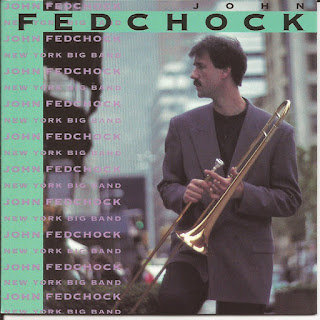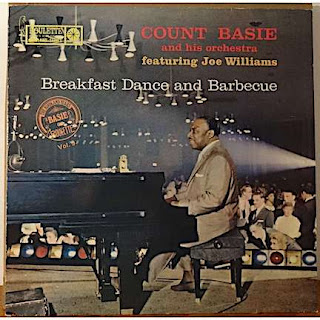COMPLETE RECORDING
Organist Jimmy McGriff's debut recording for the Solid State label (which has been reissued on a 1996 Laserlight CD) was also his first of many with a big band. McGriff pays tribute to the Count Basie Orchestra by performing ten songs from the Basie book (both of the 1940s and '50s) with a large group that includes many Basie veterans. The orchestra is mostly used as a prop, however, for McGriff is generally the main soloist on such tunes as Buster Harding's "Hob Nail Boogie," "Swingin' the Blues," "Cute," "Avenue C" and "L'il Darlin.'" Matching the leader's powerful organ with a big band was a logical idea and one that would be successfully repeated quite a few times in the future. This budget CD gives one a good sampling of Jimmy McGriff's playing.
Manny Albam Arranger, Composer, Conductor
Sonny Lester Audio Production, Producer
Richard Davis Bass, Guest Artist
Mel Lewis Drums, Guest Artist
Grady Tate Drums, Guest Artist
Kenny Burrell Guest Artist, Guitar
Barry Galbraith Guest Artist, Guitar
Frank Foster Guest Artist, Sax (Tenor)
J.J. Johnson Guest Artist
Jimmy McGriff Organ, Primary Artist
Jerome Richardson Sax (Alto)
Frank Wess Sax (Alto)
Seldon Powell Sax (Baritone)
Budd Johnson Sax (Tenor)
Billy Mitchell Sax (Tenor)
Tony Studd Trombone (Bass)
Wayne Andre Trombone
Eddie Bert Trombone
Paul Faulise Trombone
Dick Hixson Trombone
J. Alan Johnson Trombone
Tom McIntosh Trombone
Burt Collins Trumpet
Thad Jones Trumpet
Irvin "Marky" Markowitz Trumpet
Joe Newman Quartet Trumpet
Jimmy Nottingham Trumpet
Ernie Royal Trumpet
Richard Gene Williams Trumpet


























